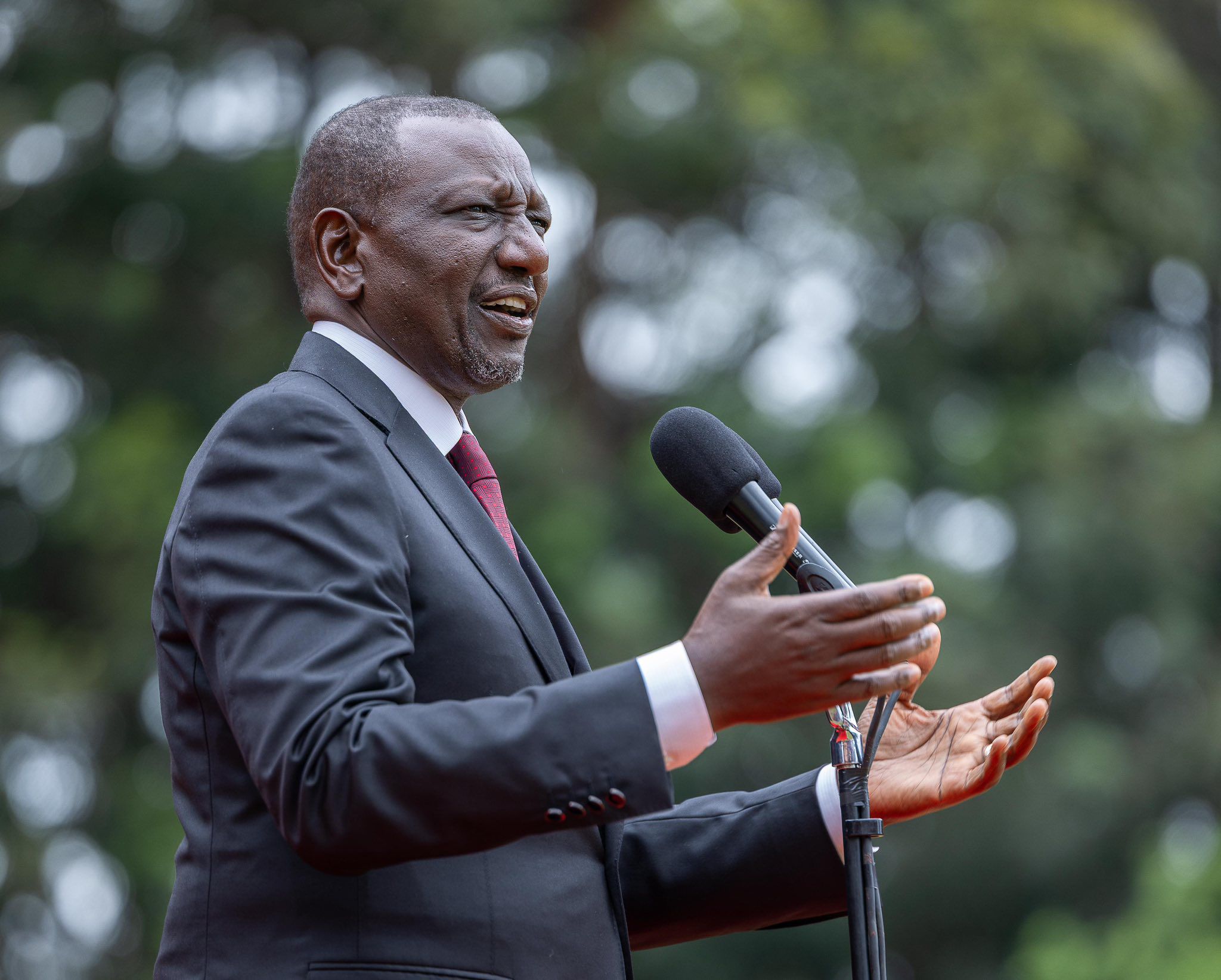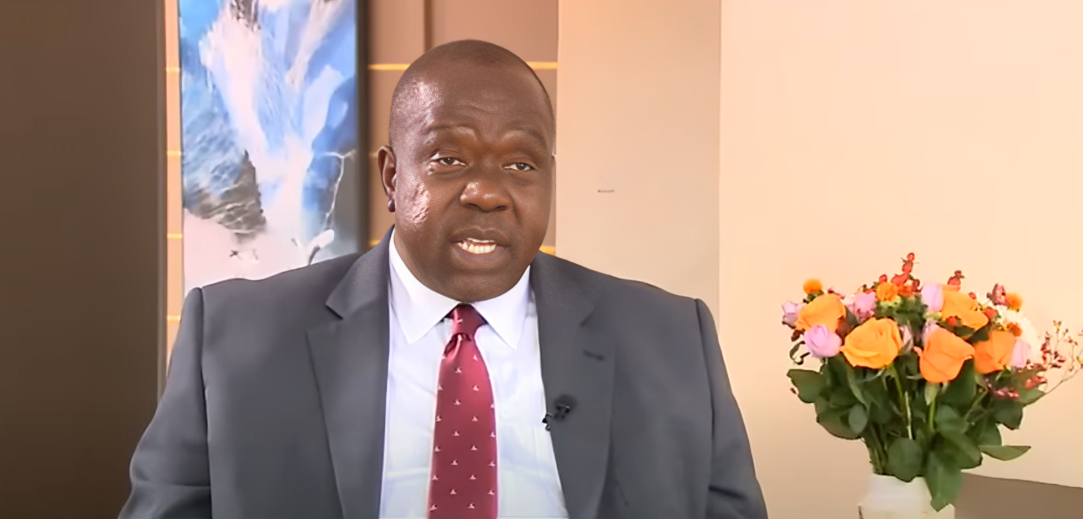DCI Phone Tracking & Ndiang'ui Case Controversy

Software engineer and IT expert Ndiang’ui Kinyagia, 35, dramatically reappeared at the Milimani Law Courts in Nairobi on July 3, 2025, alive and well, 11 days after he allegedly vanished from his Kinoo home. Kinyagia, who had left his phones and laptops behind, surfaced following a high-stakes legal drama that prompted a court summons for the Director of Criminal Investigations (DCI) boss, Mohammed Amin. His unexpected return, which ended his family’s anguish and sparked widespread public uproar, immediately raised uncomfortable questions about the Directorate of Criminal Investigations' surveillance practices.
During the court proceedings before Justice Chacha Mwita, Senior State Counsel Emmanuel Bitta, representing the DCI, protested that the directorate had been unfairly vilified regarding Ndiang’ui’s disappearance. Bitta argued for an opportunity for the DCI to present its side of the story. Ndiang’ui’s family lawyer, Kibe Mungai, informed the court that his client had contacted a relative from an undisclosed location, expressing deep fears for his life and appearing traumatized. Lawyers from the Law Society of Kenya, Martha Karua and Mwaura Kabata, urged the court to allow them to question DCI Director Amin directly about the increasing number of alleged abductions, emphasizing the importance of upholding the rule of law. Willis Otieno, also representing Ndiang’ui, requested an order to prevent his arrest, as police had indicated he was a person of interest. Justice Mwita, however, reminded them that Amin's appearance was specifically for Ndiang'ui's matter.
After nearly three hours of exchanges, Justice Mwita ordered that Ndiang’ui should not be arrested until further court directives. The judge also directed that Ndiang’ui could be taken to a hospital, record a statement with the DCI if necessary, and have private conversations with his family and lawyers about the 11 days he was missing. Justice Mwita stated, “My intention this morning was to have Ndiang’ui and to present him to Kenyans alive and I have. Anything else comes after.”
The National Police Service (NPS) and the DCI emphatically denied abducting Kinyagia, stating he was never in their custody. According to police spokesperson Muchiri Nyaga, Ndiang’ui remained a “person of interest” and was urged to present himself at the DCI Headquarters to record a formal statement. Sergeant Patrick Bwire, based at the Kikuyu Sub-County DCI office, testified that Ndiang’ui’s family had not filed a formal missing person report, though a Margaret Rukwaro had reported him missing at Kinoo Police Post, followed up by Lilian Kithinji and Ndiang’ui Kithinji. The NPS condemned what it described as a troubling trend of individuals feigning abductions to mislead the public and discredit law enforcement, warning that such acts are criminal offenses punishable by law.
The incident brought to light the sophisticated surveillance capabilities of the DCI. The directorate reportedly uses advanced tools for secretly tracking mobile phones, including IMEI tracking, cell tower triangulation, and access to Call Detail Records (CDRs). Data specialists explain that CDRs contain extensive information such as phone numbers (MSISDN), SIM card serial numbers (ICCID), device serial numbers (IMEI), call and text timestamps, base transceiver station (BTS) locations—revealing mobile tower connections—and frequently contacted numbers. The unique IMSI of a SIM card, paired with a device's IMEI, creates a digital footprint of every move, call, message, and data usage.
Ndiang’ui, through his lawyer Wahome Thuku, claimed he went into hiding for fear of his life after learning he was a DCI person of interest. He successfully evaded the DCI's tracking systems by going “off-grid” and discarding all his gadgets. This act demonstrated that while advanced, surveillance relies on device activity. Experts clarified that even basic feature phones (kabambe) are traceable if they use a registered SIM card, as they still connect to mobile networks and generate tower data, and their IMEI can be tracked. DCI Director Mohammed Amin had previously stated, “Mine is to confirm that Ndiang’ui is not in the custody of the National Police Service. He is a person of interest to us, and wherever he is, I urge that he submit himself at the nearest police station.”
The case has amplified concerns raised by rights groups and experts, including former General Service Unit instructor George Musamali, about the potential for abuse of these powerful surveillance tools. While intended for investigating serious crimes and ideally conducted with court orders, there are fears that they are increasingly putting innocent citizens at risk. Musamali stressed the necessity of a valid court order before any tracking is initiated. The legal proceedings are set to continue, with the case scheduled for further hearing on July 18 and 24, 2025, highlighting the ongoing debate between national security, law enforcement powers, and citizens' privacy rights in the digital age.










